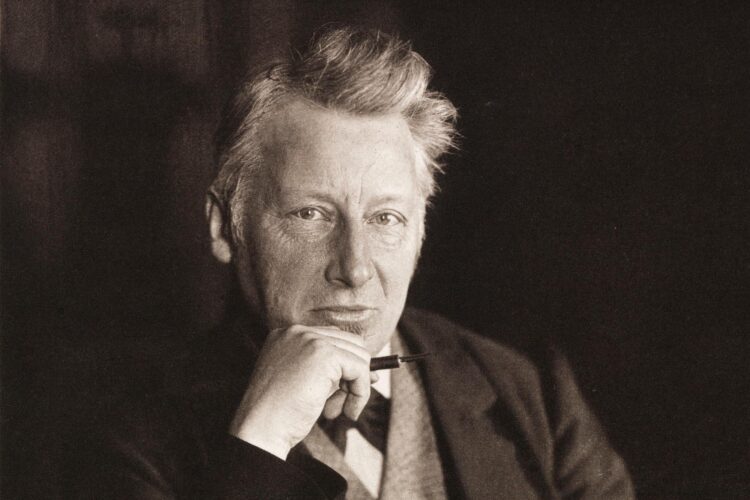Jacobus Henricus van ‘t Hoff: Pioneer of Physical Chemistry and Nobel Laureate

Jacobus Henricus van ‘t Hoff (30 August 1852 – 1 March 1911) was a Dutch physical chemist. In 1901, Jacobus Henricus van ‘t Hoff was awarded the Nobel Prize in Chemistry.
Life and Career
Jacobus Henricus van ‘t Hoff was born on 30 August 1852, in Rotterdam, Netherlands. Van ‘t Hoff studied chemical engineering at the Delft University of Technology and earned his doctorate in chemistry from the University of Leiden in 1874. He pursued further studies in Germany and France, where he came into contact with leading scientists of his time.
Van ‘t Hoff is most famous for his groundbreaking work in the field of physical chemistry and his contributions to the understanding of chemical reactions, solutions, and chemical equilibrium. He is often considered one of the founders of modern physical chemistry.
His most notable achievement was his development of the concept of chemical equilibrium and the laws governing it, which are now known as the “van ‘t Hoff equation.” He also made significant contributions to the field of stereochemistry and was a pioneer in the field of molecular modeling and the use of graphical representations to understand molecular structures.
Jacobus Henricus van ‘t Hoff passed away on 1 March 1911, in Steglitz, Germany, at the age of 58.
Award and Legacy
n 1901, Jacobus Henricus van ‘t Hoff was awarded the first Nobel Prize in Chemistry for his work on the laws of chemical dynamics and osmotic pressure in solutions. His contributions laid the foundation for modern physical chemistry and had a profound impact on the development of the field.
Van ‘t Hoff’s legacy is felt in every corner of modern chemistry, particularly in the realms of physical chemistry and chemical thermodynamics. His work laid the groundwork for understanding chemical reactions, equilibrium, and the behavior of solutions.
Observer Voice is the one stop site for National, International news, Sports, Editor’s Choice, Art/culture contents, Quotes and much more. We also cover historical contents. Historical contents includes World History, Indian History, and what happened today. The website also covers Entertainment across the India and World.

